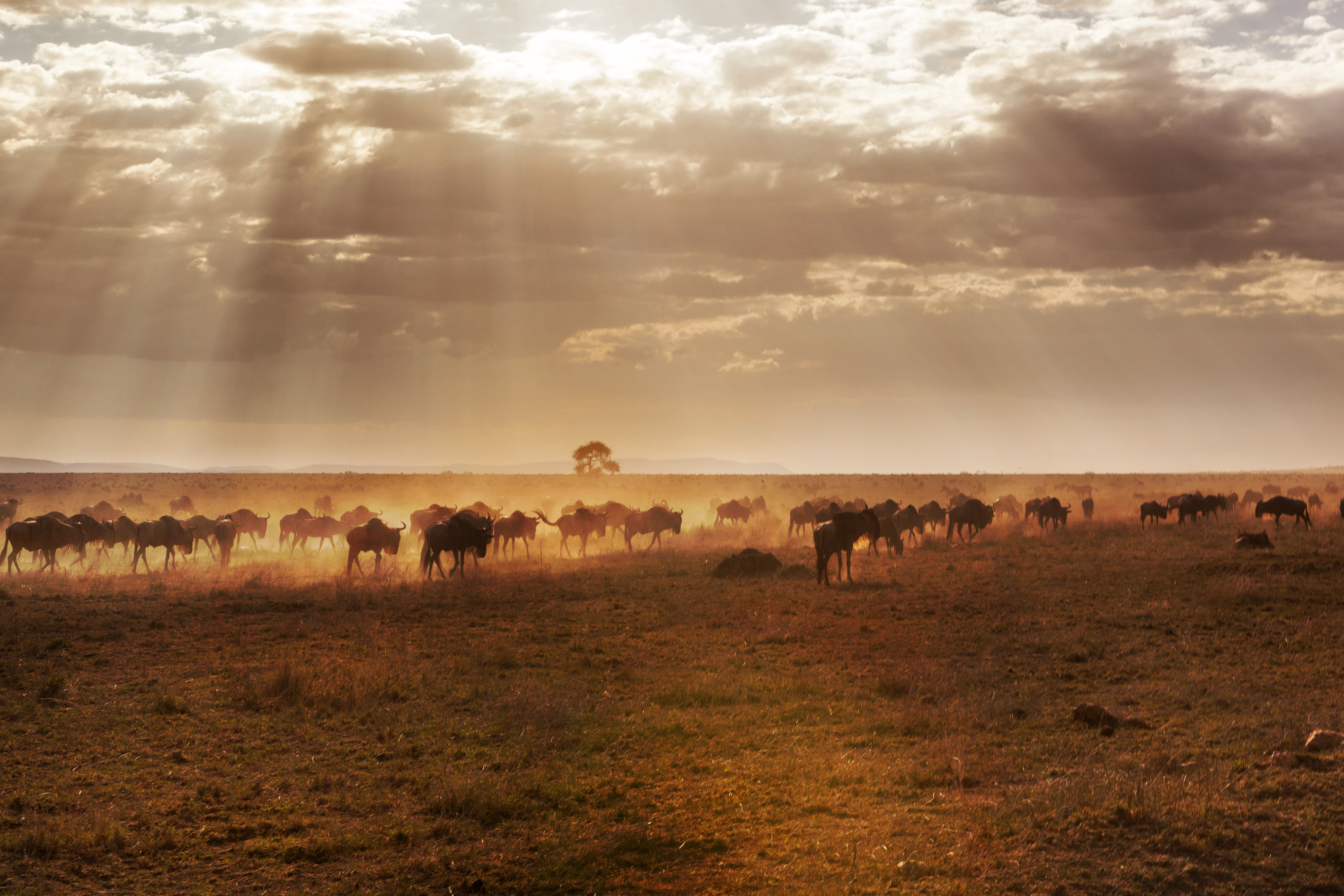The 2015 killing of Cecil the lion by an American hunter ignited a global wave of digital outrage and sparked a major ethical debate over trophy hunting. This “cybermovement” questioned not only the sustainability of hunting but also its morality, challenging utilitarian justifications with deontological ethics. While the movement led to airline trophy bans, legal reforms, and increased conservation attention, trophy hunting continues in parts of Southern Africa—highlighting the limits of digital activism when not paired with viable economic alternatives.
The movement’s greatest impact may have been reframing the global conversation on wildlife ethics rather than achieving a ban. Despite its rapid rise, the momentum proved difficult to sustain, especially after the 2017 killing of Cecil’s son, Xanda, drew minimal attention. The case also revealed gaps in traditional social movement theories, which struggle to explain the short-lived but intense influence of online campaigns. Ultimately, the Cecil movement shows that emotional digital activism must be matched with practical, economic solutions for long-term conservation impact.

